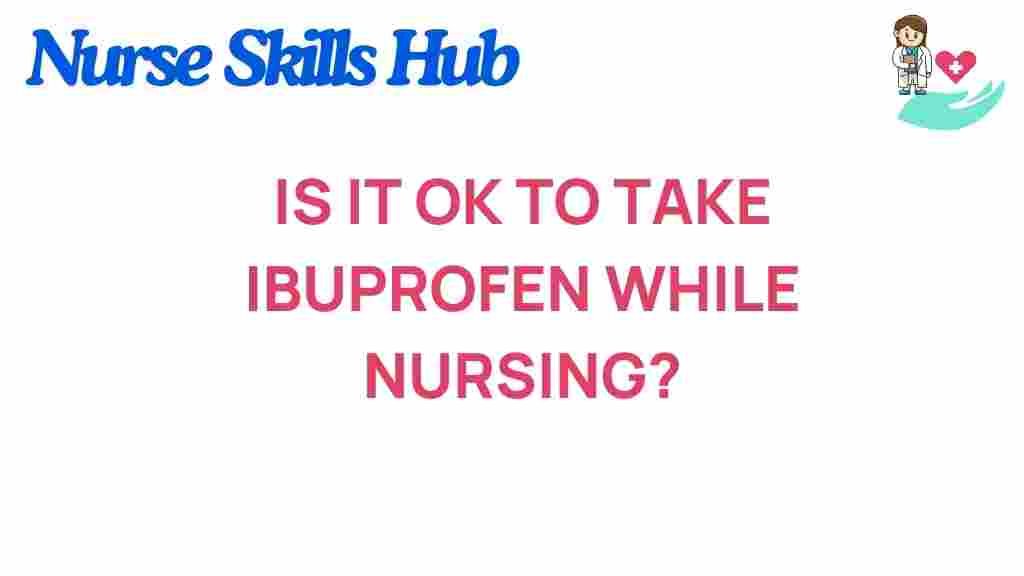Medicine For Period Cramps

Period cramps, also known as dysmenorrhea, are a common issue for many individuals who menstruate. These cramps can range from mild to severe and are often accompanied by other symptoms such as back pain, nausea, and headaches. The cause of period cramps is primarily due to the contraction of the uterus, which is triggered by the release of prostaglandins. These hormone-like substances are produced by the uterus and cause the uterine muscles to contract, leading to pain.
Understanding Period Cramps
Before delving into the medicines for period cramps, it’s essential to understand the different types of dysmenorrhea. Primary dysmenorrhea refers to common period cramps without any underlying medical condition, while secondary dysmenorrhea is caused by an underlying condition such as endometriosis, uterine fibroids, or pelvic inflammatory disease. Recognizing the type of dysmenorrhea can help in choosing the most appropriate treatment.
Over-the-Counter Medicines
For many individuals, over-the-counter (OTC) medications are the first line of defense against period cramps. These medicines include:
- Nonsteroidal Anti-Inflammatory Drugs (NSAIDs): NSAIDs, such as ibuprofen (Advil, Motrin) and naproxen (Aleve), are effective in reducing pain and menstrual cramps. They work by inhibiting the production of prostaglandins, thereby reducing the uterine contractions.
- Acetaminophen: While not an NSAID, acetaminophen (Tylenol) can help with pain relief, although it does not reduce inflammation.
It’s crucial to follow the recommended dosage on the label and consult a healthcare provider if the pain persists or worsens.
Prescription Medicines
For those with severe cramps that do not respond to OTC medications, prescription options are available:
- Prescription NSAIDs: Higher doses of NSAIDs or specific types might be prescribed for more severe cases.
- Hormonal Birth Control: Birth control pills, patches, or rings can reduce or eliminate menstrual cramps by thinning the uterine lining and reducing prostaglandin production. They can also reduce the frequency or stop menstruation altogether in some cases, depending on the type.
- Gonadotropin-releasing hormone (GnRH) agonists: These drugs can stop menstruation by suppressing the production of estrogen, which can help alleviate severe dysmenorrhea. However, they are typically used for short periods due to potential side effects.
Alternative and Complementary Therapies
Many individuals find relief from period cramps through alternative and complementary therapies, including:
- Heat Therapy: Applying a heating pad to the lower abdomen can help relax the uterine muscles and improve blood flow, reducing pain.
- Dietary Changes: Increasing the intake of omega-3 fatty acids, vitamin B6, magnesium, and zinc may help reduce inflammation and alleviate cramps.
- Exercise: Regular physical activity, especially aerobic exercises, can reduce the severity of menstrual cramps by releasing endorphins, which are the body’s natural painkillers.
- Acupuncture: This ancient practice involves the insertion of thin needles into specific points on the body and has been shown to reduce menstrual cramp pain in some studies.
- Herbal Supplements: Certain herbs like ginger, turmeric, and chasteberry may have anti-inflammatory properties and help in reducing menstrual pain. However, it’s essential to consult with a healthcare provider before starting any supplement regimen.
Lifestyle Changes
In addition to medications and therapies, certain lifestyle changes can also help manage period cramps:
- Stay Hydrated: Drinking plenty of water helps in reducing bloating and can ease cramps.
- Rest: Getting enough sleep and resting when needed can help manage pain and reduce stress.
- Stress Management: Techniques like meditation, deep breathing, and yoga can help in managing stress, which is known to exacerbate menstrual cramps.
When to Seek Medical Attention
While period cramps are common, there are instances where medical attention is necessary:
- Severe Pain: If the pain is severe and does not improve with over-the-counter pain relievers.
- Heavy Bleeding: If menstrual bleeding is heavy enough to soak through more than one pad or tampon per hour.
- Fever: If there’s a fever over 101.5°F (38.6°C) along with Pelvic pain.
- Vaginal Discharge: If there’s an unusual or foul-smelling vaginal discharge.
It’s always a good idea to discuss your symptoms and treatment options with a healthcare provider to find the best approach for your specific situation.
What are the best over-the-counter medicines for period cramps?
+Nonsteroidal Anti-Inflammatory Drugs (NSAIDs) like ibuprofen and naproxen are effective. Acetaminophen can also help with pain, though it doesn't reduce inflammation.
Can lifestyle changes help with period cramps?
+Yes, staying hydrated, getting enough rest, managing stress through techniques like meditation or yoga, and regular exercise can help manage period cramps.
When should I seek medical attention for period cramps?
+Seek medical attention if you have severe pain that doesn't improve with medication, heavy bleeding, fever, or unusual vaginal discharge. It's also important to discuss your symptoms with a healthcare provider to determine the best treatment plan.
By understanding the causes and types of period cramps and exploring the various treatment options, from over-the-counter and prescription medications to lifestyle changes and alternative therapies, individuals can find effective ways to manage their symptoms and improve their quality of life.


